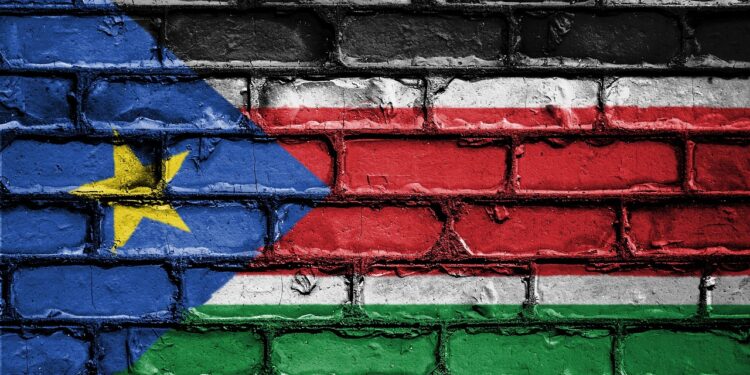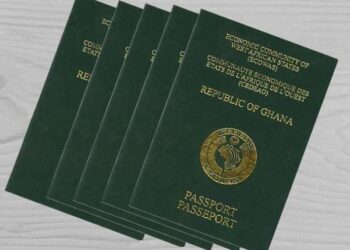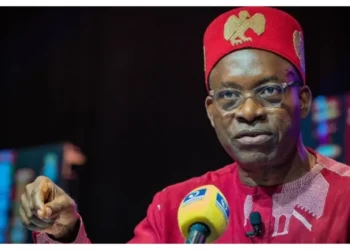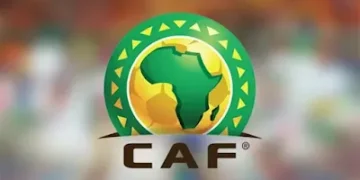South Sudanese President Salva Kiir has launched a sweeping political purge, shockingly dismissing his powerful vice-president and presumed successor, Benjamin Bol Mel, in a move that strips away a key pillar of the country’s fragile political order and threatens to trigger widespread unrest.
In a dramatic decree broadcast on state television, Kiir not only fired Bol Mel but also stripped him of his military rank and dismissed the central bank governor and revenue authority head—two of the vice-president’s closest allies. The coordinated sacking, for which no reason was given, signals a ruthless consolidation of power by the 74-year-old leader and exposes a vicious internal power struggle within the ruling SPLM party.
The dismissal of Bol Mel, a figure once sanctioned by the U.S. for alleged corruption and who was only elevated to the vice-presidency in February, removes a key rival. Just hours before the announcement, Bol Mel’s security detail was withdrawn—a clear sign of the move’s calculated and abrupt nature.
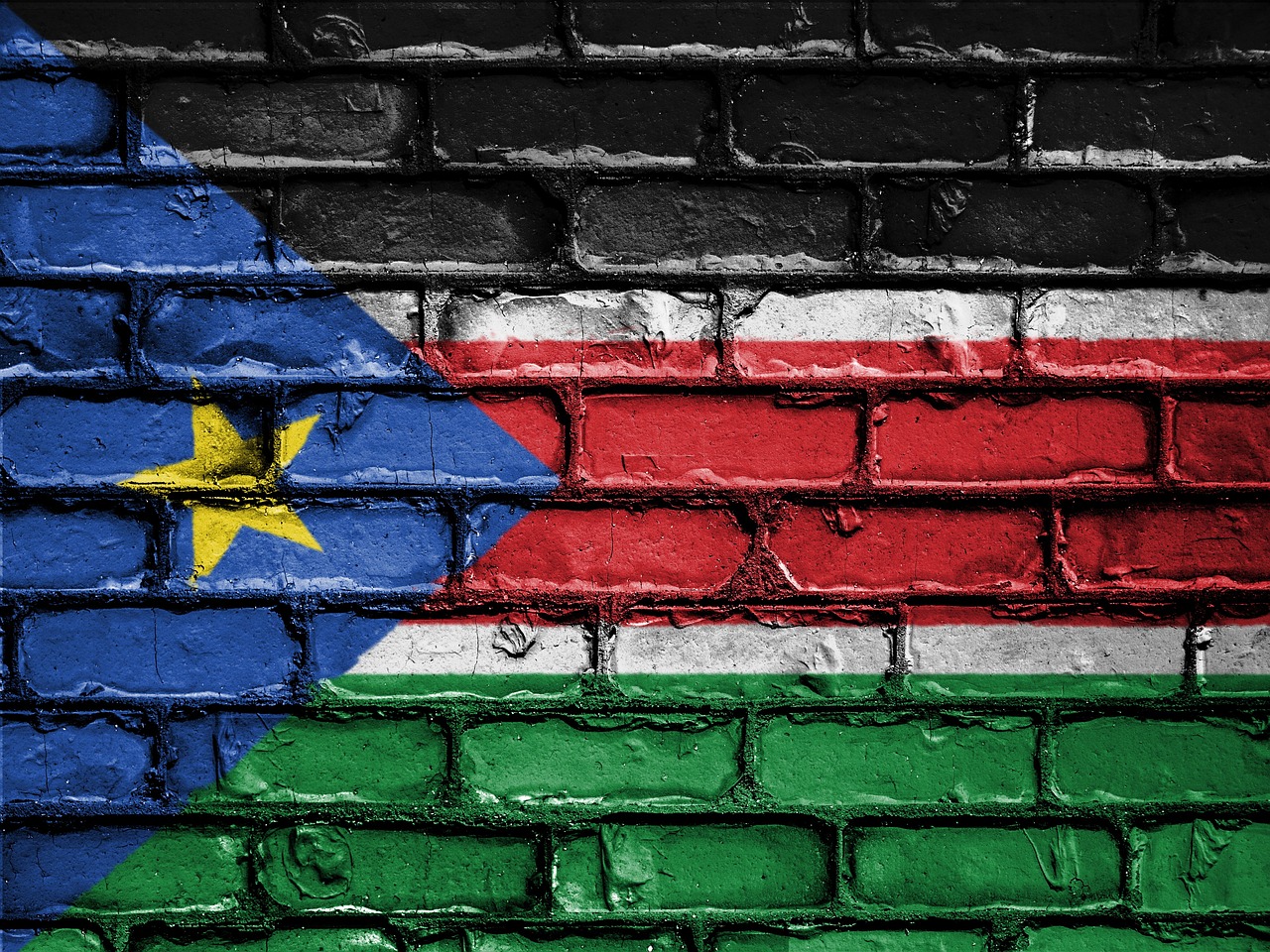
Why It Matters
By removing his most powerful potential successor and the men who control the nation’s treasury, Kiir is not just securing his own position—he is systematically dismantling any competing center of power. The problem is, in a nation already teetering on the brink of civil war, such a move doesn’t create stability; it creates a vacuum.
With the former opposition leader Riek Machar already facing trumped-up charges of treason and murder, Kiir has now turned his fire inward, proving that no one is safe. The celebration from a taxi driver in Juba is a dangerously thin veil over the profound instability this creates. South Sudan is an oil-rich tinderbox, and Kiir has just thrown a lit match into the heart of his own government. The world’s newest nation has been pulled back from the brink before, but this surprising move brings the sound of chaos crashing back to its door.

